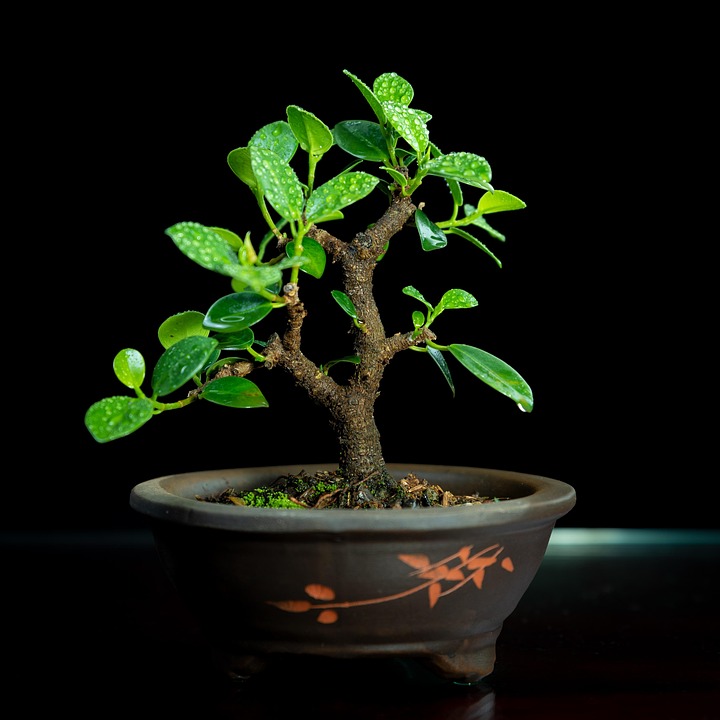Green Thumb Secrets: Essential Plant Maintenance Tips for Thriving Gardens
Having a green thumb isn’t just about having a knack for growing plants – it’s also about knowing how to care for them properly. Whether you’re a seasoned gardener or a newbie looking to cultivate a green oasis, these essential plant maintenance tips will help you keep your garden thriving all year round.
Choosing the Right Plants
Before you even start thinking about maintenance, it’s important to choose the right plants for your garden. Consider your climate, soil type, and sunlight exposure when selecting plants to ensure they will thrive in your garden. Native plants are always a safe bet, as they are well adapted to your local environment.
Watering Wisely
Proper watering is essential for plant health. Overwatering can lead to root rot, while underwatering can cause plants to wither and die. The key is to water deeply and infrequently, allowing the soil to dry out between waterings. Consider investing in a drip irrigation system or a soaker hose to ensure even watering.
Fertilizing Regularly
Plants need nutrients to thrive, and fertilizing is a great way to ensure they get the nutrition they need. Choose a fertilizer that is appropriate for your plants and apply it according to the manufacturer’s instructions. Organic fertilizers are a great option for environmentally conscious gardeners.
Pruning and Deadheading
Regular pruning and deadheading are essential for maintaining the health and appearance of your plants. Pruning helps promote new growth and shape plants, while deadheading removes spent flowers to encourage more blooms. Invest in a good pair of pruning shears and take the time to trim your plants regularly.
Weeding and Mulching
Weeds can compete with your plants for nutrients and water, so it’s important to keep them in check. Regular weeding will help prevent weeds from taking over your garden. Mulching is also a great way to suppress weeds and retain moisture in the soil. Consider using organic mulch like wood chips or straw.
Pest Control
Pests can wreak havoc on your garden if left unchecked. Keep an eye out for common garden pests like aphids, spider mites, and caterpillars, and take action to control them before they cause serious damage. Consider using natural pest control methods like neem oil or insecticidal soap.
Monitoring for Diseases
Plant diseases can spread quickly and devastate your garden if not caught early. Keep an eye out for signs of disease like yellowing leaves, mold, or wilting, and take action immediately if you suspect a problem. Consider using disease-resistant plants to prevent outbreaks.
Seasonal Maintenance
Different seasons require different maintenance tasks in the garden. In the spring, focus on planting and fertilizing. Summer is all about watering and weeding. Fall is the time for pruning and preparing your garden for winter. And winter is the perfect time to plan for the upcoming growing season.
Common Questions About Plant Maintenance
How often should I water my plants?
The frequency of watering will depend on factors like the type of plant, soil type, and weather conditions. As a general rule of thumb, most plants require about an inch of water per week. However, it’s best to check the soil moisture regularly and adjust your watering schedule accordingly.
What is the best way to fertilize my plants?
There are many different types of fertilizers available, including granular, liquid, and organic options. The best way to fertilize your plants will depend on the type of plants you have and your personal preferences. Follow the manufacturer’s instructions for the best results.
How can I prevent pests in my garden?
Preventing pests in the garden starts with good garden hygiene. Keep your garden clean and free of debris, as pests often hide in these areas. Planting a diverse range of plants can also help reduce pest problems, as some plants naturally repel pests.
What should I do if my plants are diseased?
If you suspect that your plants are diseased, it’s important to act quickly to prevent the spread of the disease. Remove and destroy any infected plants or plant parts, and consider using a fungicide or other treatment to control the disease. Proper sanitation practices can also help prevent the spread of disease.
Conclusion
Maintaining a thriving garden requires a combination of knowledge, skill, and dedication. By following these essential plant maintenance tips, you can ensure that your garden stays healthy and beautiful year-round. Remember to choose the right plants, water wisely, fertilize regularly, and keep an eye out for pests and diseases. With a little bit of effort and care, you can cultivate a green oasis that will bring you joy for years to come.




















































